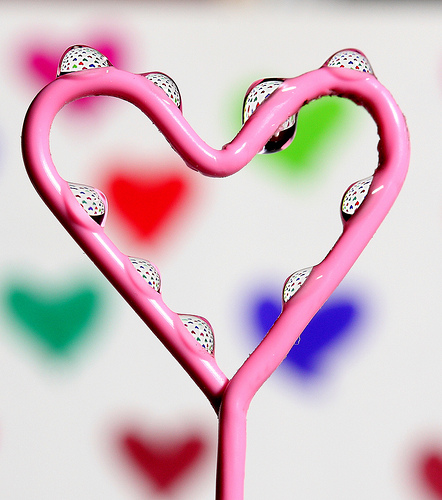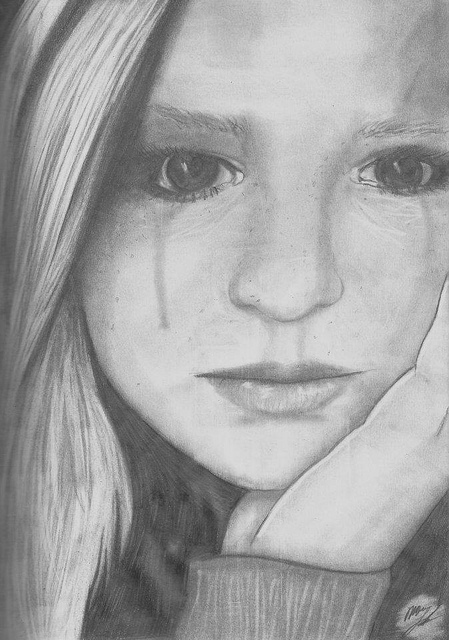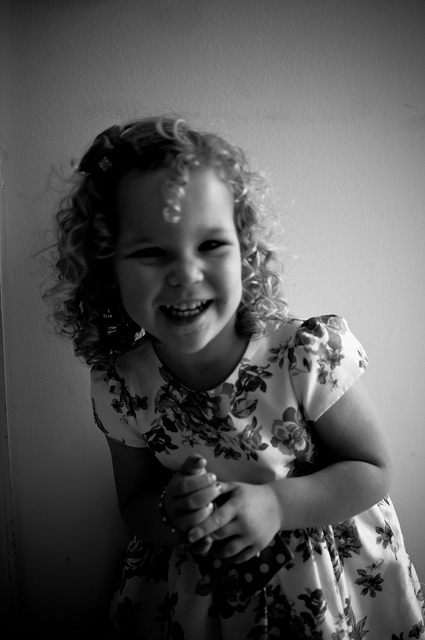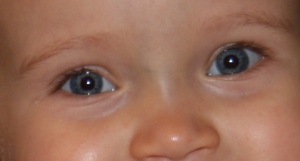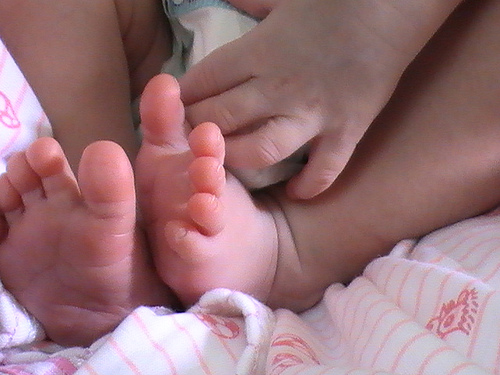 Postpartum depression …you do not need to suffer through it!
Postpartum depression …you do not need to suffer through it!
The holidays can seriously effect our mood. After having a baby around the holidays, a bout of postpartum depression can hit hard and come right out of nowhere during a time when a mom feels that she should be rejoicing over the birth of her baby.
If a new mom has recently suffered a loss in her life, the holidays can add another burden of trying to “carry on” when she just doesn’t feel up to it.
Grief combined with the emotions and adjustment of having a newborn certainly can predispose a new mom to postpartum depression because she may already be somewhat depressed.
The following is a post I wrote a year ago.
If you or anyone you know is at risk for PPD this may be a helpful read.
If you are depressed please seek help…in an emergency go to your nearest emergency room.
If you want to find a therapist call your Ob-Gyne doctor for a referral…do not suffer on your own…you do not have to be in mental and physical pain…there is help available.
January 30, 2012 by lorettelavine
POSTPARTUM DEPRESSION
Postpartum depression is a serious problem that can occur after having a baby…it can occur up to one year after delivery. Sometimes the signs and symptoms can just be an overall sense of anxiety and an inability to enjoy your baby. As a new mom, if you just don’t feel happy you can attribute it to many things especially lack of sleep and the many changes occurring over such a short period of time but you could be suffering from postpartum depression (PPD).
Personally, I did not experience PPD but there were days when I did not feel in control of all the responsibilities of motherhood. It was positively overwhelming. Back in the day…postpartum depression was somewhat overlooked and under treated. A new mom was made to feel like she ”just had to suck it up” and get it together. Fortunately, since them that attitude has changed and most obstetricians screen for PPD at the time of the postpartum check-up.
I thought that I would post a list of symptoms of postpartum depression. If you have more than one or two of these symptoms or are feeling generally depressed for more than two weeks you should check in with your doctor.
The symptoms of postpartum depression are the same as the symptoms of depression that occurs at other times in life. Along with a sad or depressed mood, you may have some of the following symptoms:
- Agitation or irritability
- Changes in appetite
- Feelings of worthlessness or guilt
- Feeling withdrawn or unconnected
- Lack of pleasure or interest in most or all activities
- Loss of concentration
- Loss of energy
- Problems doing tasks at home or work
- Negative feelings toward the baby
- Significant anxiety
- Thoughts of death or suicide
- Trouble sleeping
A mother with postpartum depression may also:
- Be unable to care for herself or her baby
- Be afraid to be alone with her baby
- Have negative feelings toward the baby or even think about harming the baby Although these feelings are scary, they are almost never acted on. Still you should tell your doctor about them right away.
- Worry intensely about the baby, or have little interest in the baby
